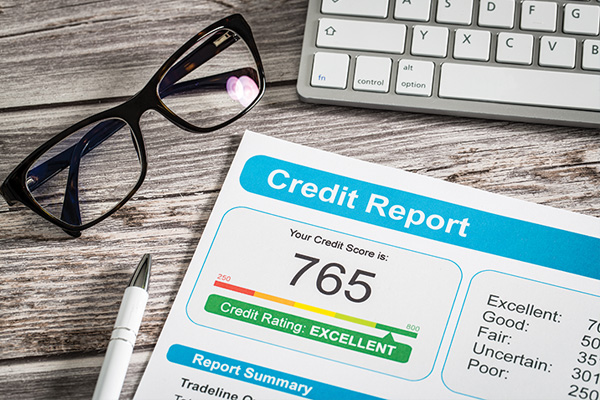Boosting your credit score before you secure a home loan can pay off big-time – in some cases, to the tune of tens of thousands of dollars over the life of your mortgage.
The reason: Mortgage borrowers with higher credit scores tend to be offered lower loan rates, and even a small difference in your annual percentage rate, or APR, adds up over time.
LendingTree, an online mortgage marketplace, takes a look each month at what lenders on its site are charging for financing a home. The findings are eye-opening.
Take the average purchase-money mortgage, which, as its name suggests, is a loan taken out to buy a house. The average interest rate for this type of financing in December was 4.42 percent. But the average rate varied widely by credit score, also known as a FICO score after its originator: Fair, Isaac and Co.
For example, if you have a great credit score of 760 or above, the typical interest rate you would have paid in December was 4.26 percent. Drop down a few grades – say, a score of 680 to 719 – and the average interest rate is 4.56 percent.
That doesn’t sound like much of a difference. But over the life of your loan, 0.3 percent is considerable. At a 760 FICO, a borrower will pay $180,584 in interest over the life of the average loan, compared with $195,494 for a borrower with a 680 FICO. That’s $15,000 more over the same period.
Says Tendayi Kapfidze, LendingTree’s chief economist: “The benefits of improving your credit score are even greater when interest rates are rising, as lenders often pass on higher costs to borrowers with poorer credit first.”
The average loan amount for the borrower with the higher credit score is $252,000 – a good bit higher than $217,000 for the borrower with the slightly lower score.
The average mortgage rate has gone up by half a percentage point in the last two years, says Kapfidze. However, borrowers with 760-plus credit scores saw a rate increase of just 0.4 percent, while those from 620 to 639 had their rates increase by twice as much.
Improving your FICO score is good whether rates go up or not. Whether you’re borrowing for a home, car or student loan, it’s worth your while.
Take Tanya Febrillet. A single working mom of two in Massachusetts, Febrillet wanted to step up to owning her own home. To get there, she used a little-known program offered by the Department of Housing and Urban Development called Family Self-Sufficiency, run locally by her public housing authority and Compass Working Capital.
After five years of hard work with a Compass financial coach, “Tanya paid down her debt, increased her annual income by nearly $8,000, improved her credit score by more than 140 points and built over $3,000 in savings,” according to a report on the program by Compass and the Preservation of Affordable Housing. She also bought a house, becoming the first person in her family to do so.
Using the LendingTree model and a credit-score boost similar to Febrillet’s, say, from 620 to 760, a borrower could save nearly $40,000 in interest costs over the life of a loan, going from $218,000 to $180,000.
There are many credit repair outfits to choose from, but it’s entirely possible to improve your score on your own. It’s not difficult to find out what the three main credit repositories – Equifax, Experian and TransUnion – look for in determining your score, and act accordingly. Also, many credit cards offer free looks at your credit score, and an analysis.
Some of the factors are obvious, like any overdue payments. Paying your bills on time is probably the most important step you can take to raise your score. But other steps are not so obvious. For example, a score takes into account the length of your credit history. So make sure that American Express account you started way back in college remains active.
The three bureaus also like it if you can demonstrate that your good credit habits extend beyond your credit cards. In fact, your FICO score may be hurt if you don’t have an installment loan, like a mortgage or car loan, that you pay down religiously every month.
Also, if you are shopping for credit, pay attention to how many times companies ask for your credit report. Too many requests in too short a time can be seen as a sign of financial instability, as can opening too many accounts too quickly.
You will get marked down if you use a high percentage of your available credit line, but rewarded for having a relatively large amount of unused credit.
You may not be able to raise your score by 140 points, but every little bit helps.
Lew Sichelman has been covering real estate for more than 30 years. He is a regular contributor to numerous shelter magazines and housing and housing-finance industry publications. Freelance writer Mark Fogarty contributed to this report.

